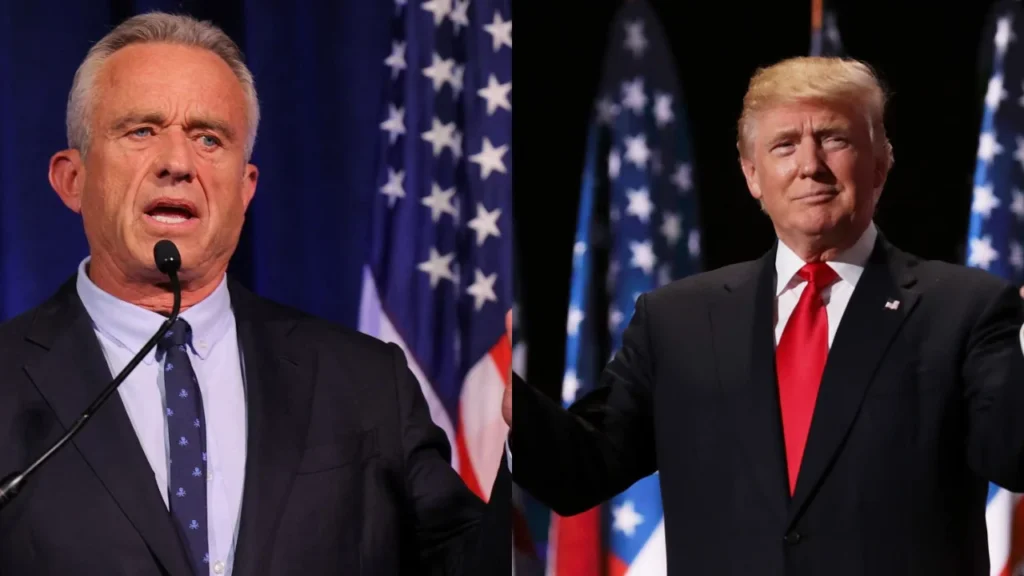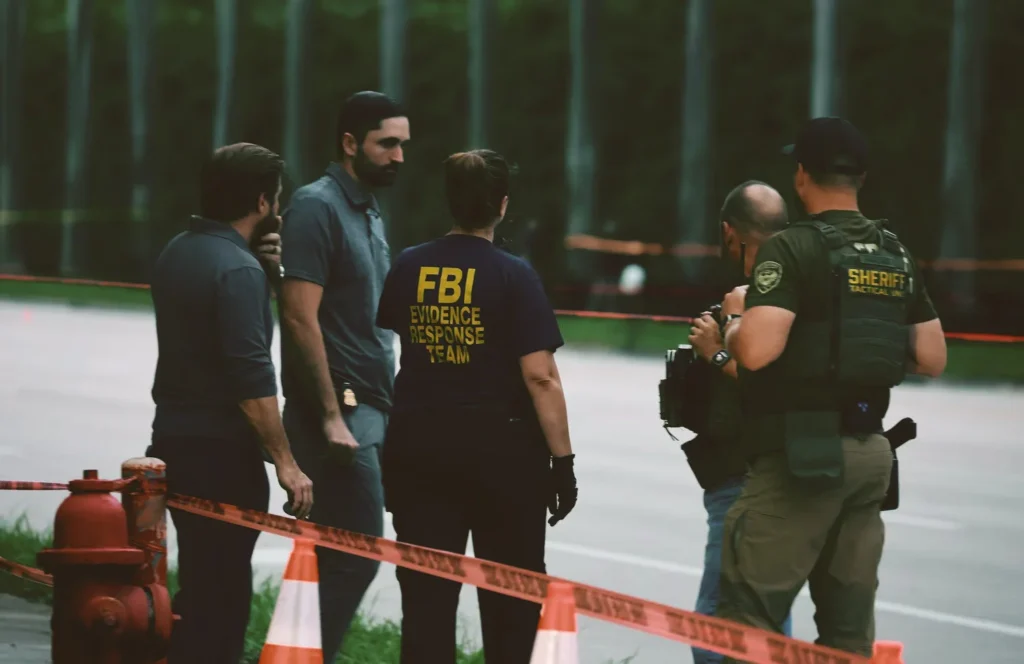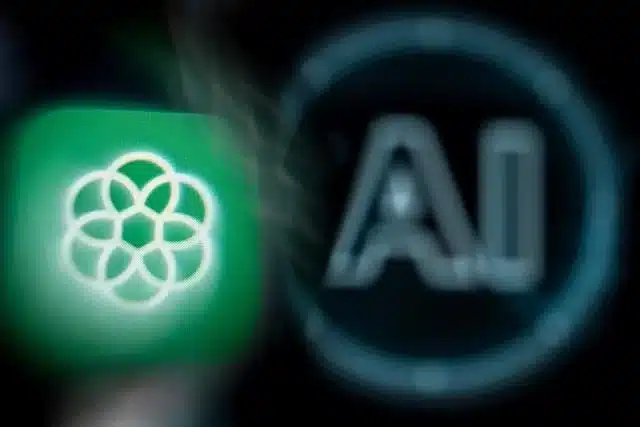Is Elon Musk’s $1M Giveaway to Voters Breaking the Law?

Introduction
The nation is preparing for the elections, which makes Elon Musk’s $1M Giveaway, a whimsical desire to manipulate voters a bit too controversial. Campaigning for America PAC aims at getting voters to support a petition for the protection of free speech and the right to bear arms even as there are daily random prizes of one million dollars for any petition signer.
Although it looks like a good initiative, the attempt to include cash prizes for the participants of the campaign raises eyebrows among legal practitioners in the area of law on if this is within the law. The question is: Is what Musk proposes above board?
What is Elon Musk’s $1M Giveaway?
Musk’s America PAC that was founded to influence presidential elections to the advantage of Donald Trump is now calling on the voters residing in key swing states Georgia, Nevada, Arizona, Michigan, Wisconsin, North Carolina, and Pennsylvania. The petition is aimed at protecting the First and Second Amendments which includes freedom of speech and the right to carry guns.
Those who sign the petition can win a daily prize of $1 million up until election day. Moreover, participants stand to earn $47 for each signature that they would solicit and that leads to another signature. However, in view of the fact that Pennsylvania compensates $100 for either signing or referring others, it is very clear that the competition is much more aggressive in that state.
Incentives by State
In Pennsylvania, the competition is tougher than in other states since the reward for signing up and referring voters is better. This has caused some concern as this is a state that most people believe will swing the election in favour of one of the parties.
The Legal Concerns
This has raised questions concerning the legality of Elon Musk’s $1M giveaway. It is illegal under US electoral law to incentivise a person to register to vote, to pay them to vote or for any acts related to voting. Some don’t see this as an issue for Musk. The US law also states that registration of a guest, utility voter or accepting money from anyone for such a purpose is subject to a fine of 10,000 or imprisonment for 5 years.

What the Law Says?
The law is clear about the illegality of payments tied to voting activities. Since Elon Musk’s $1M giveaway offer targets registered voters and provides financial incentives linked to their participation in a petition, some argue it falls in the line of legality.
Loophole or Violation?
A few people in the law believe that the campaign may cross into the region where there are provisions. Brad Smith, a former chair of the Federal Election Commission (FEC), reported that since the initiative does not directly pay for registration or voting, it falls in a questionable region. While the offer is directed to those registered, the nature of the petition may protect Musk from consequences.
Responses from Experts and Authorities
There isn’t a definitive view about the legality of Elon Musk’s $1M giveaway offer. There are however, some legal academics who are of the opinion that the campaign is tantamount to an illegal practice because it seeks to promote voter registration using monetary incentives.
Adav Noti, an expert at the non-profit Campaign Legal Center is of the opinion that the plan is against the law because it is illegal to pay someone for registering to vote.
Federal Legal Implications
On the contrary, Noti opines that there might be justice measures pursued against all involved in infringing federal election laws. There has been no definite ruling made by the FEC, which leaves the continuity of Elon Musk’s $1M giveaway surrounded by grey legality.
Supporters’ Defence
Contrary to this cited precedent, some authorities like Brad Smith persuasively argue that the planning of Elon Musk’s $1M giveaway is very much within the law, since heads are being offered cash to append their signatures to the petition but not to vote. In this regard, the proposition is not criminal or unlawful, though it is a legal issue in a different dimension on the surface.
Political and Public Reactions
Many politicians, especially the Democrats in the country, have concerns with Elon Musk’s $1M giveaway. For instance, Pennsylvania Governor Josh Shapiro described it as “very disturbing” and called up for an investigation by the police.
Mark Cuban on the other hand, who happens to be a billionaire and also a supporter of Kamala Harris evaluated the approach and labelled it as ‘creative but apologetic’.
Cuban opined that the strategy could encourage some voters but could also have some negative effects.
Conclusion
Elon Musk’s $1M Giveaway showed how some elements in campaigning, especially campaign incentives, can be measured in grey areas of electoral law.
For now, whilst the legal argument rages on, we can only sit back and wait if there shall be any legal antagonism directed towards Musk’s undertaking by the federal agencies or the courts. With the election date approaching fast from all indications, Musk’s unprecedented measures will still elicit disputations and concerns on what the future of campaign strategies will be.
FAQs
1. What is Elon Musk offering swing-state voters?
Musk is offering daily $1 million prizes and cash for petition signatures supporting free speech and gun rights.
2. Is Musk’s $1 million giveaway legal?
Legal experts are divided. Some argue it may violate election laws, while others see it as operating in a legal grey area.
3. Which states are involved in Musk’s giveaway?
The giveaway targets swing states: Georgia, Nevada, Arizona, Michigan, Wisconsin, North Carolina, and Pennsylvania.
4. What are the legal concerns surrounding Musk’s offer?
US law prohibits incentivizing voting-related activities with cash, and some experts believe Musk’s offer could breach this.
5. What has been the public and political reaction to Musk’s giveaway?
Some politicians and legal experts are calling for investigations, while others, like Mark Cuban, see it as innovative.
LATEST NEWS
DISCOVER MORE






